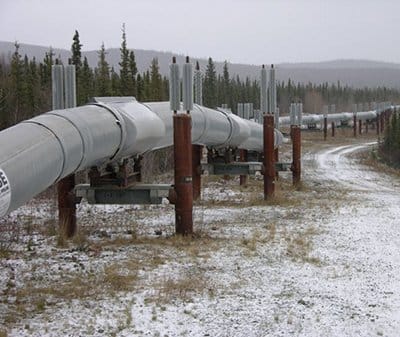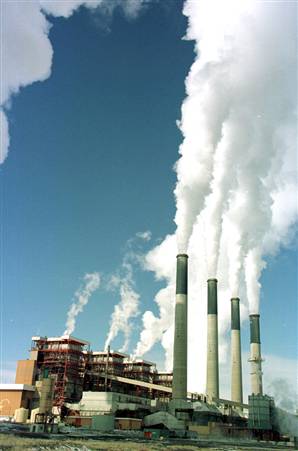Decarbonizing Buildings, Transportation & Fuels
Fulfill Our Clean Energy Initiative
Washington’s Clean Energy Initiative (also know as I-937) was passed by voters in November 2006 and requires the state’s major electric utilities to gradually increase the amount of new renewable resources in their electricity supply to 15% by 2020.
Since 2006, The Clean Energy Initiative has generated about $7.5 billion in renewable energy investments in this state, especially in our struggling rural communities, and all-time-record efficiency savings for energy consumers. More investments, more savings and more jobs will come to us as long as we keep the pathway open…
Read MoreState Dept. Announces Reevaluation of Keystone XL Tar Sand Pipeline
The State Department announced today that it is reevaluating the environmental review of the Keystone XL tar sands pipeline project. The reevaluation will include consideration of rerouting the pipeline to avoid sensitive ecological areas in Nebraska. An alternative route would require a new environmental impact statement and would delay a final decision on the tar sands pipeline for as long as 18 months.
Read MoreAlliance Reports on Idaho Utilities’ Use of Coal-Fired Generation
The Snake River Alliance has released the first of two reports on the use of coal-fired generation by Idaho’s three electric utilities.
The report, “Idaho’s Dangerous Dalliance with King Coal,” notes that the utilities own or have a stake in no fewer than 29 out-of-state coal plants, the bulk of which are owned or partly owned by PacifiCorp, which does business in eastern Idaho as Rocky Mountain Power.
Read MoreNW Energy Coalition and Save Our Wild Salmon Comments on the Draft Climate Change Summary Report
The NW Energy Coalition (“Coalition”) and the Save Our Wild Salmon coalition (“SOS”) appreciate the opportunity to comment on the Draft Climate Change Summary Report released by the U.S. Army Corps of Engineers, the U.S. Bureau of Reclamation and the Bonneville Power Administration.
Read MoreBC Environmentalists criticize Site C dam proposal
CBC reports on a proposed dam project that local tribes and environmental groups say would destroy farmlands, displace wildlife and release unacceptable amounts of greenhouse gasses.
NW Energy Coalition member organizations Sierra Club of B.C. and the David Suzuki Foundation are featured in the article which you can find here.
Read MoreHow did Clean and Affordable Energy do this session in Washington State?
The 2010 legislative session has finally come to a close and it’s time to take inventory on how clean and affordable energy policies fared in Olympia. Read on to see where we stand…
Read MoreKeeping our information nicely chilled: Green datacenters on the rise
Tech Blog Ars Technica has an extensive article about how energy efficient technologies, both old and new, are helping to reduce the energy consumption of the datacenters powering the modern world.
Read MoreIDACORP Shareholder Activists Receive Climate Advocacy Award
The investor activist group that spearheaded a stunning Idaho Power shareholder resolution on climate change last year was awarded the 2009 NGO Activist award by the Climate Change Business Journal last week.
Read MoreThe Transformer – A bridge to somewhere? Natural gas, LNG and our clean energy future
More and more utilities are rushing to substitute gas-fired combustion turbines for coal in their resource plans while rapidly expanding their use of renewables and efficiency. But are the assumptions behind this change correct? The new rush to gas is raising serious questions about domestic and international supply, price and price volatility, and lifecycle carbon emissions. This edition of The Transformer addresses those questions and considers the controversy surrounding liquefied natural gas.
Read MoreEnergy Matters Update
Every five years, the Northwest’s official power planning agency — the Northwest Power and Conservation Council — conducts a fresh assessment of the region’s long-term electricity needs and issues a blueprint for meeting them.
Read More



